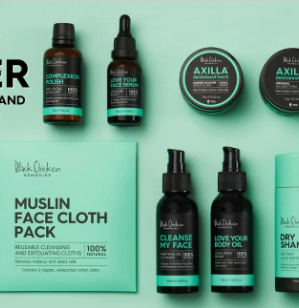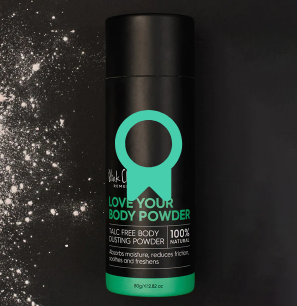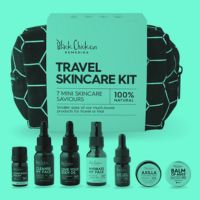
Soothe, Repair, and Nourish: Top Benefits of Balm of Ages™ for Dry Skin and Eczema
Balm of Ages™ is an all-natural, multi-purpose remedy that combines 19 restorative oils to soothe, repair, and nourish the skin, providing relief for conditions like eczema, sunburn, dry skin, and ...
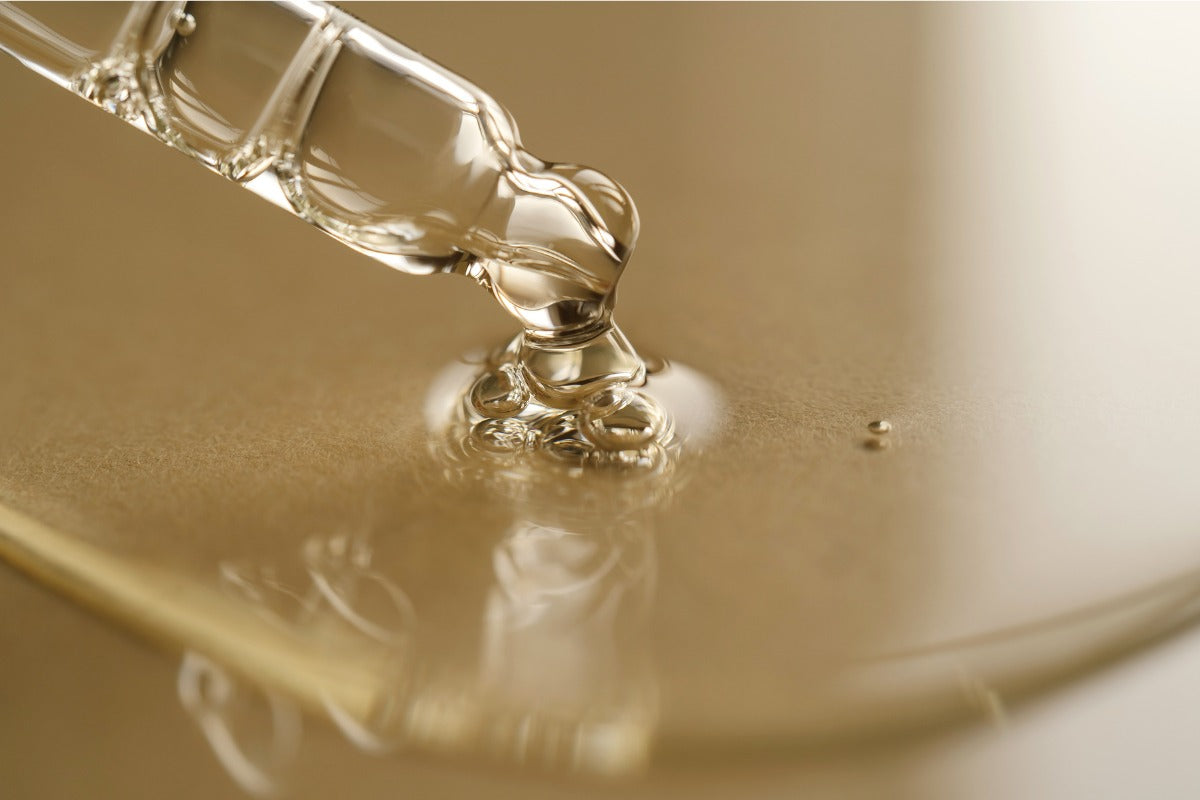
The Nocturnalist Night Serum and Black Obsidian Gua Sha work together to enhance your skin’s natural overnight repair process, deeply hydrating, rejuvenating, and reducing puffiness for a refreshed...
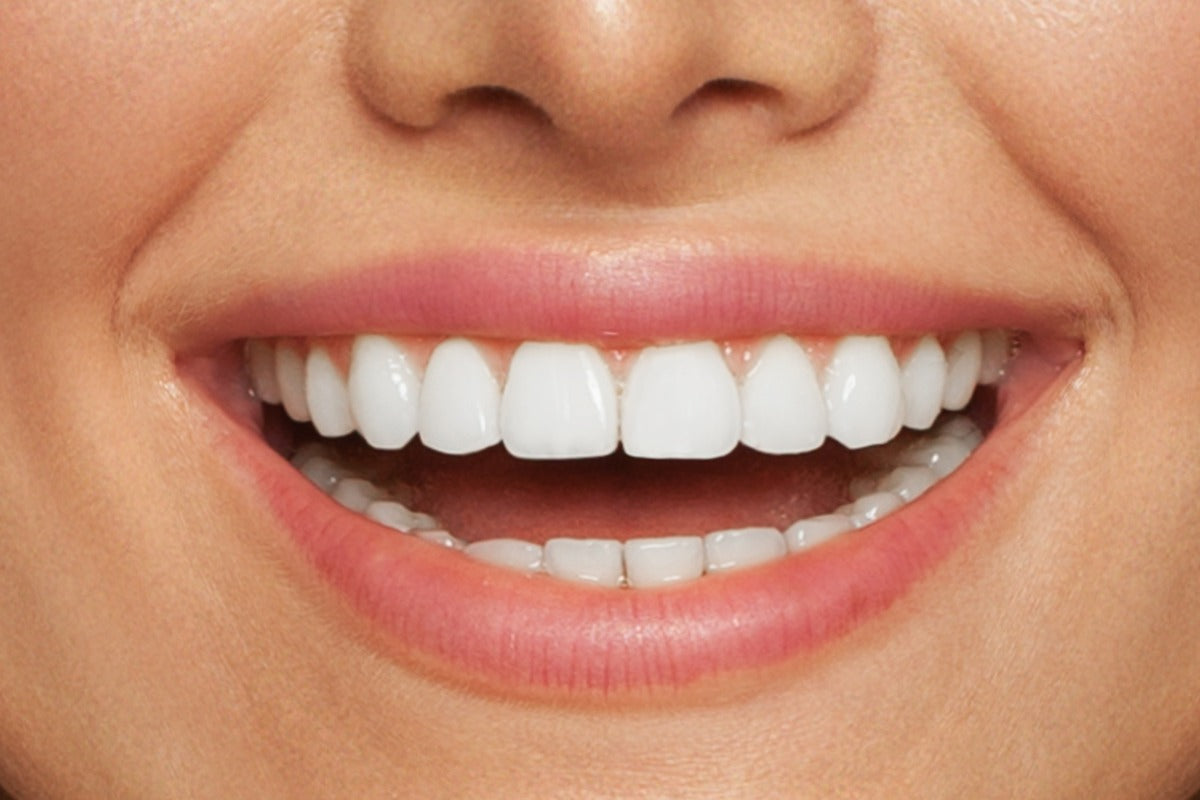
How to Improve Your Oral Hygiene Naturally: A Guide to Oil Pulling
Discover the benefits of oil pulling for natural oral hygiene. Learn how this ancient Ayurvedic practice can freshen your breath, whiten teeth, and improve oral health, with tips on how to incorpor...

Behind the Brand: The Story of Black Chicken Remedies
Black Chicken Remedies is an Australian-owned, 100% natural skincare company founded by Chey Birch, whose personal struggle with skin and sinus issues led her to create remedies that harness the he...
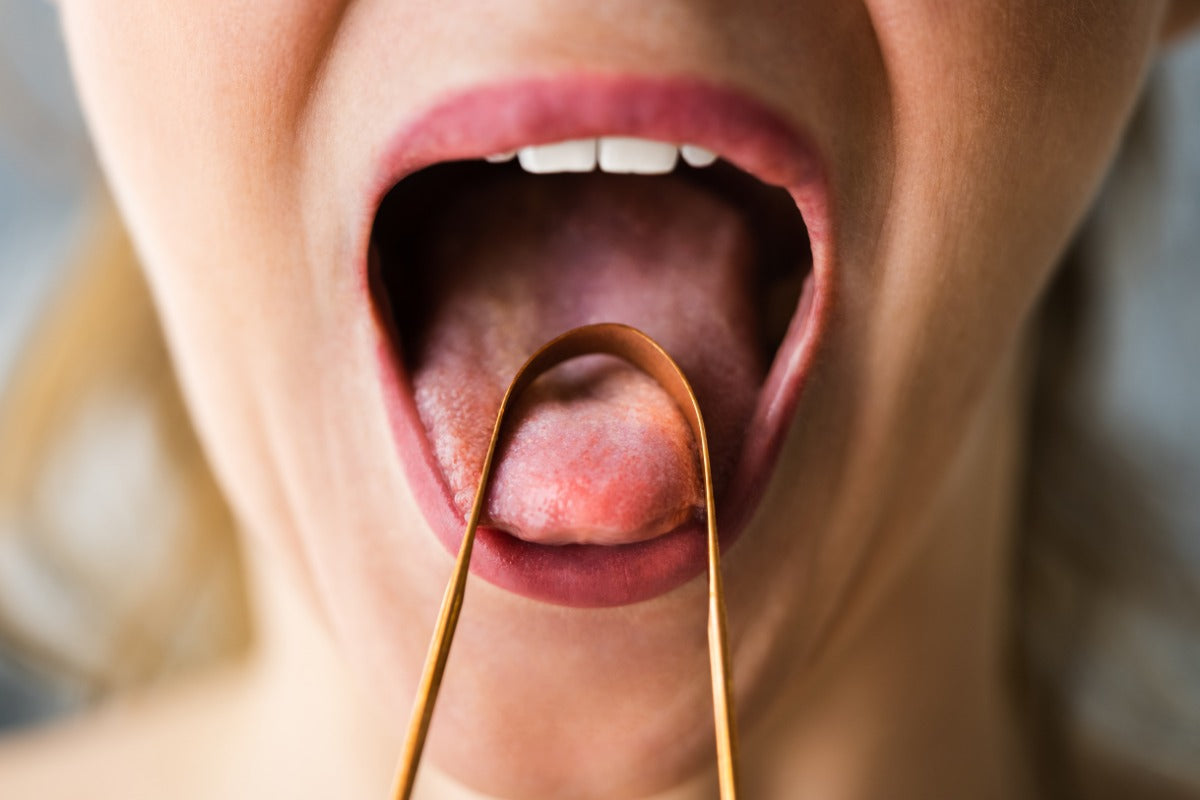
Why Tongue Scraping Should Be Part of Your Daily Oral Care Routine
Discover the benefits of tongue scraping for improved oral hygiene, fresher breath, enhanced taste, better digestion, and overall health.

From Dry to Dewy: How Vitamin C, Hyaluronic Acid, and Bakuchiol Transform Your Skin
Discover how Vitamin C, Hyaluronic Acid, and Bakuchiol work together in simple, effective skincare to hydrate, brighten, and rejuvenate your skin, helping you achieve a glowing, dewy complexion wit...

The Truth About BHA and BHT in Skincare
BHA and BHT are common chemicals in skincare, but their potential for skin irritation, hormone disruption, and environmental harm make them less than ideal, which is why Black Chicken Remedies offe...

Sleep Like a Baby: How Relax My Body - Magnesium Oil Spray Can Improve Your Sleep Routine
Magnesium deficiency can disrupt sleep, but with Relax My Body - Magnesium Oil Spray, you can enhance relaxation, ease muscle tension, and improve sleep quality naturally, helping you fall asleep f...

How Natural Deodorants Actually Work: The Science Behind Odour Control
Natural deodorants, like Axilla™ Natural Deodorant Spray, work by neutralising odour-causing bacteria with natural ingredients such as zinc and essential oils, allowing your body to sweat naturall...

Common Harmful Ingredients in Toxic Bath Oils and Why You Should Avoid Them
When it comes to self-care, a warm bath can be the ultimate way to unwind, but the bath oils you choose can either enhance or harm your well-being. Restore My Body - Nourishing Bath Oil offers a n...

The Science of Hyaluronic Acid: How It Retains Moisture and Keeps Your Skin Plump All Day
Hyaluronic acid is a skincare powerhouse that can hold up to 1,000 times its weight in water, making it one of the most effective ingredients for hydrating and plumping the skin. By attracting mois...


